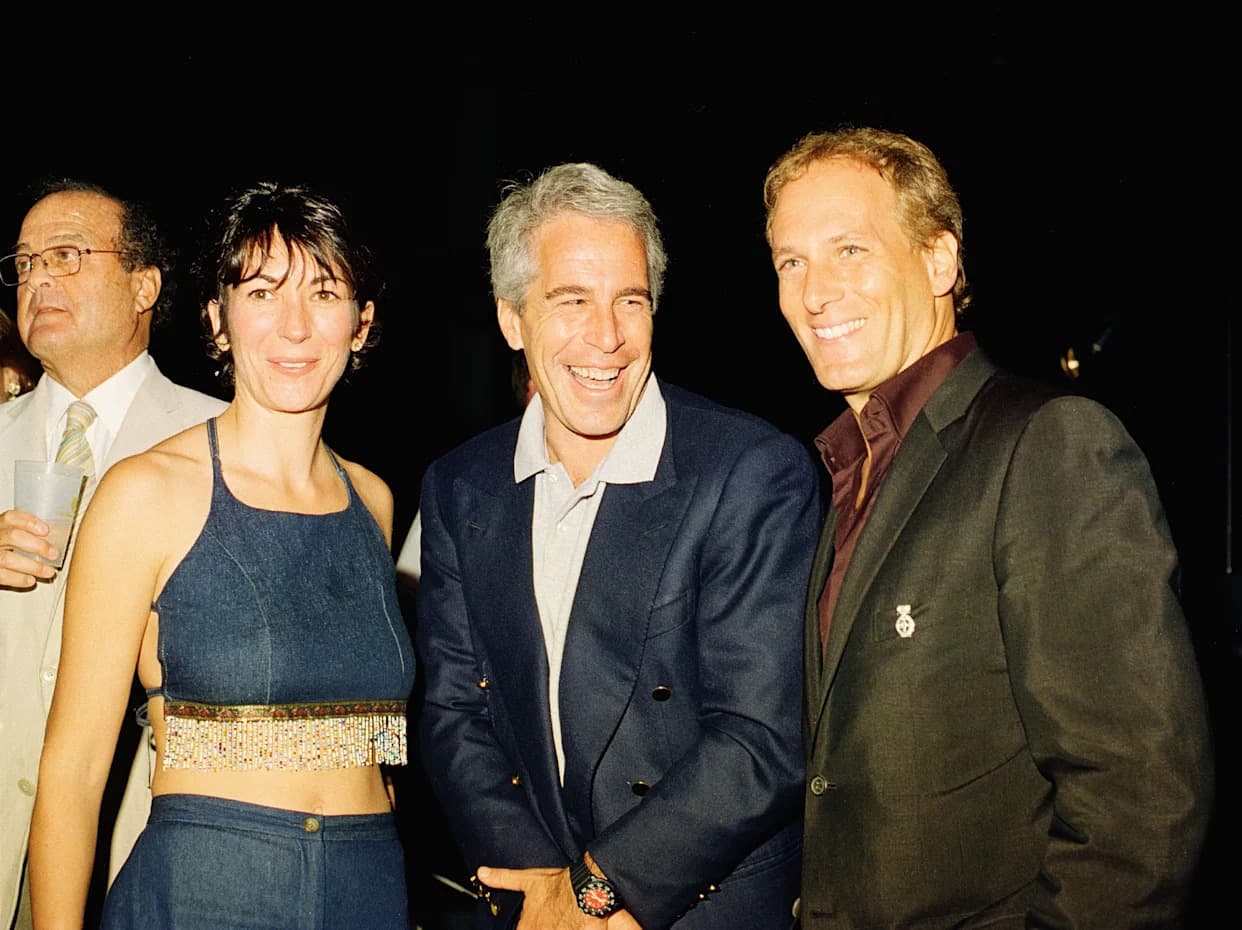White House Deputy Chief of Staff Stephen Miller declined to comment when asked whether President Trump would sign a bill to release files related to Jeffrey Epstein. A senior White House official said the bill "will be signed whenever it gets to the White House," but offered no timeline. Attorney General Pam Bondi cited unspecified "new information" after her department's July memo opposed further disclosure. Lawmakers warn the administration could still withhold documents if doing so would jeopardize active investigations.
Stephen Miller Refuses to Comment as Congress Moves to Release Epstein Files

White House Deputy Chief of Staff Stephen Miller, typically combative with reporters, declined to answer questions about Congress’s recent vote to release files related to Jeffrey Epstein.
During a Wednesday briefing on the South Lawn, a reporter asked whether the bill — approved by Congress to make public documents tied to the convicted sex trafficker — had reached the president’s desk and whether President Trump intended to sign it.
“So, any questions about that, I have nothing to add to today. I think the White House comms shop has already answered all those questions,” Miller said before taking another question.
Earlier that day a senior White House official told multiple outlets that “the bill will be signed whenever it gets to the White House,” but provided no specific timeline for the president’s action. President Trump was quoted on Monday saying, “Sure, I would,” when asked whether he would sign the measure.
Attorney General Pam Bondi also struggled to provide a clear explanation when asked about the documents. Her department released a memo in July stating that "no further disclosure would be appropriate or warranted" and that investigators "did not uncover evidence that could predicate an investigation against uncharged third parties."
When pressed on Wednesday about what had changed, Bondi said only that there was "new information, additional information," and did not specify what the new material entailed. She added, "We will continue to follow the law to investigate any leads."
Some lawmakers from both parties have warned that even if the president signs the bill, the administration could still withhold records under the law. The legislation permits the Justice Department to redact or withhold information that "would jeopardize an active federal investigation." Bondi has also indicated plans to open inquiries into some Democrats who had prior associations with Epstein.
The silence from Miller and the vagueness from other senior officials leave questions about timing and scope of any public release of the files, and whether significant portions might remain classified or redacted.
Help us improve.



























